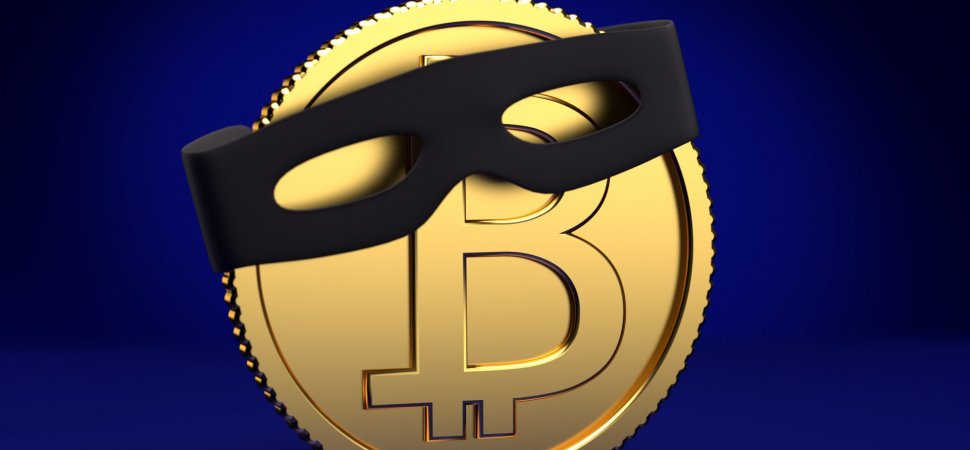
Last week, I published an article describing how criminals used a phishing campaign to steal $150,000 by tricking people into sending the crooks money that the victims intended to invest in an ICO.
A few days later, I tweeted out a story that appeared on the cryptocurrency news website, Coin Desk, about a similar scam that successfully pilfered over $1-Million dollars in just over a single day.
And, in the last two days, I myself have received multiple bogus emails purporting to be from various parties running ICOs with instructions on how to purchase coins/tokens, and that I would receive a discount if I made the purchase quickly. Some of the emails even claimed that I had previously requested to be notified when the particular tokens involved became available for purchase (which was false), and that, as such, this was my “early notification,” and that I had 24 hours to act before the sale became open to the general public at a higher price.
While some of the crooks’ emails contained noticeable signs that they may be fraudulent – for example, grammatical errors or links to misspelled websites – others were extremely-well crafted; the professional-looking emails were quite convincing, and it is easy to understand why many people have already fallen prey to similar scams.
As such, I will state the following three points to readers as a clear warning for anyone considering making an investment in cryptocurrency:
1. Know that you are a hot target.
The recent success of at least two ICO-related phishing campaigns (as discussed above) means that there will be many copycats. Keep in mind that if you are investing in cryptocurrencies you are a hot target for sophisticated criminals. Be vigilant, and think twice before clicking on any links or sending anyone any money.
2. Beware any and all emails related to any ICO
Beware any and all emails related to any ICO or other cryptocurrency-related purchase in which you are interested. There are many fraudulent emails being sent out — at this point, there may even be more fraudulent emails than legitimate ones going out on a daily basis.
3. Always verify payment addresses multiple ways
Always verify the address to which you plan to send payment for any ICO by comparing it to the address listed on the official website of the issuer (if available), and to the address listed in all prior correspondence from the issuer. Also verify the address by contacting the relevant party involved at a known valid contact address or phone number. If anything does not match perfectly, something may be seriously amiss.
Why are criminals suddenly targeting cryptocurrency investors? I listed 11 reasons in a piece that I published just two days ago. If you are interested in cryptocurrencies, be sure to read that article – the attack trend is likely to continue and expand; be sure to learn about what is going on and keep yourself safe.

